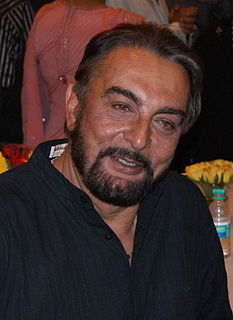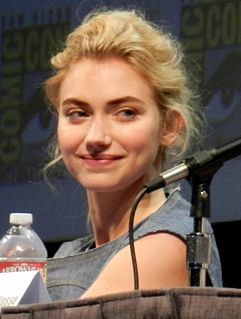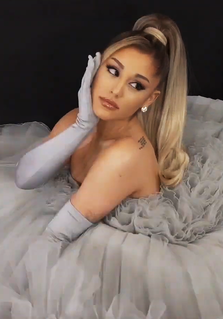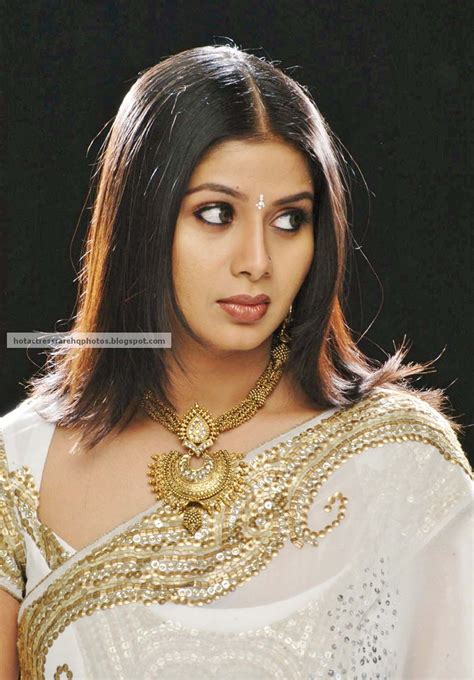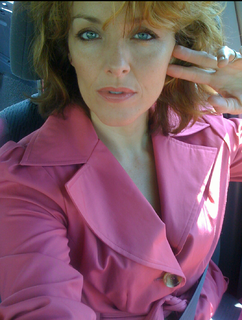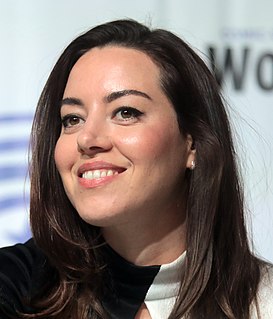A Quote by Adam Brody
I've had to fight for roles and I've lost a hundred roles, but 'Smoking' and 'Smith' were phone calls. That's the dream.
Related Quotes
When I was a kid, phone calls were a premium commodity; only the very coolest kids had a phone line of their own, and long-distance phone calls were made after eleven, when the rates went down, unless you were flamboyant with your spending. Then phone calls became as cheap as dirt and as constant as rain, and I was on the phone all the time.
For a long time, way back in the ’30s and ’40s, there were fabulous female roles. Bette Davis and all those people had incredible, great roles. After World War II, something happened where it was not only "get out of the factories," but "get out of the movies." That's when women's roles started to really [change].
If you just look at the number of roles for women versus the number of roles for men in any given film, there are always far more roles for men. That's always been true. When I went to college, I went to Julliard. At that time - and I don't know if this is still true - they always selected fewer women than men for the program, because there were so few roles for women in plays. That was sort of acknowledgment for me of the fact that writers write more roles for men than they do for women.




